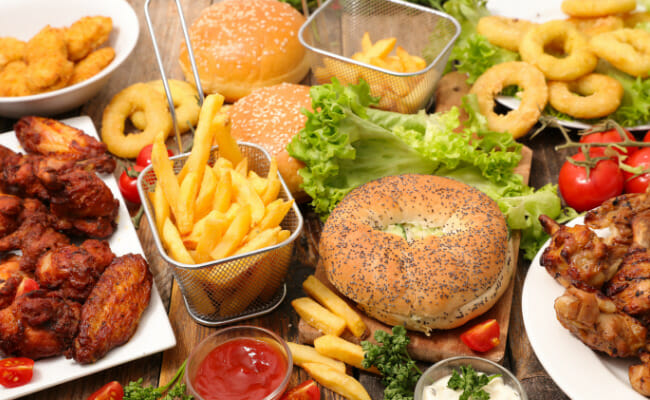New studies link ultra-processed foods to cancer and early death
Having a healthy diet is crucial to living your best. However, you have to monitor what you eat as two scientific studies suggest consuming ultra-processed foods is detrimental to your health.
According to two new, extensive studies of people in Italy and the United States, it shows that eating ultra-processed foods can lead to cancer, heart disease, and even premature death. The British Medical Journal published the study on Wednesday.
What are ultra-processed foods?

Ultra-processed or highly-processed foods have much-added sugar, fat, salt, and artificial ingredients. These types of foods have more than these ingredients than processed foods. According to Harvard Health, some of these ultra-processed foods are:
- Soda
- Cold cuts
- Sweets
- Frozen meals
- Sausages
- Hotdogs
- Store-bought cookies
- Candies
- Doughnuts
- French fries
A nutrition and food studies professor at New York University, Marion Nestle, said, “Literally hundreds of studies link ultra-processed foods to obesity, cardiovascular disease, and overall mortality.”
Furthermore, it’s essential to know that almost everything we eat, unless self-produced, is processed. Unprocessed foods are foods in their whole form that has vitamins and minerals when consumed.
What the new studies show
The British Medical Journal found that men who eat many ultra-processed foods have a higher risk of colorectal cancer. In addition, most of these men at risk are likely to have higher body mass indexes, poor diet, and current smokers.
Surprisingly, the study didn’t find any link between ultra-processed food and colorectal cancer among women. In addition, researchers found that other processed foods, including dairy-based desserts and yogurt, can increase the risk of cancer in women.
Another result from the study shows that those who eat ultra-processed foods and nutrient-poor foods have a higher risk of developing cardiovascular, chronic disease, and premature death.
Furthermore, this US-based study includes diet monitoring of over 200,000 men and women up to 28 years old. It is clear proof of why colorectal cancer was the third most diagnosed cancer in the US, only in men but not women.
According to the World Health Organization and the American Institute for Cancer Research, processed and ultra-processed meats like bacon, ham, salami, corn beef, and beef jerky have been linked to increased risk of bowel cancer in both men and women. However, the new study found that all types of ultra-processed foods contribute at some level.
The bottom line
Maya Feller, a registered dietitian nutritionist, explains that the study implies that scientists were focusing on Western patterns of eating ultra-processed foods. These diets mainly include unhealthy ingredients instead of nutritious foods.
Moreover, the American Heart Association is concerned and adjusting its guidelines to reflect the findings. The AHA recommends choosing minimally-processed foods and reducing drinking drinks with more sugar. They also advise opting for fresh fruits and vegetables than ready-to-eat meals.


